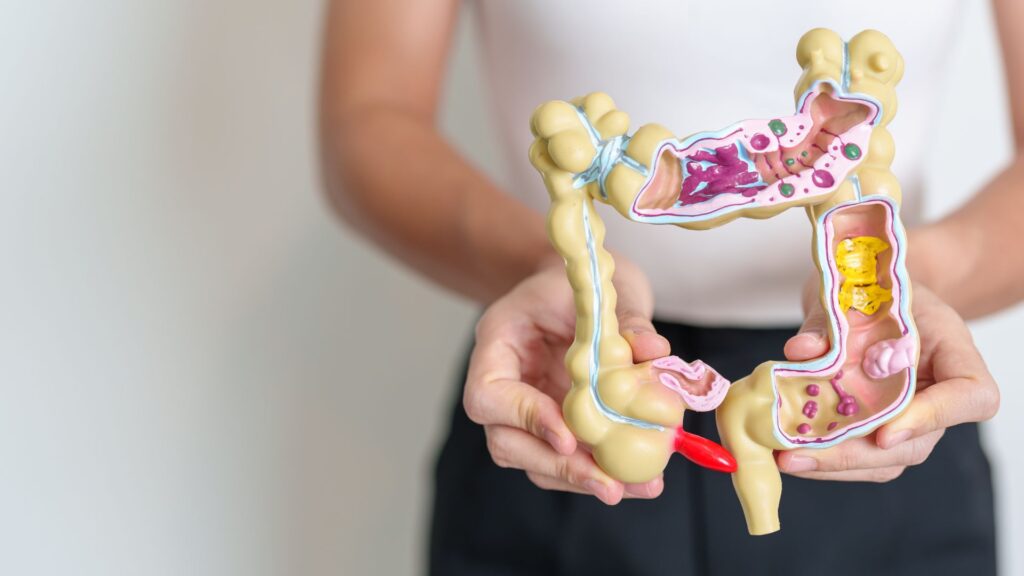Table of Contents
ToggleIntroduction
At Ayubliss, our Ayurvedic health clinic in Crassier, Switzerland, we are proud to offer Panchakarma, a comprehensive Ayurvedic treatment that aims to detoxify and rejuvenate the body, mind, and spirit. This ancient healing system, which originated in India over 5,000 years ago, focuses on restoring balance to a persons three doshas: Vata, Pitta, and Kapha. By eliminating toxins, improving digestion, and promoting overall well-being, Panchakarma has gained popularity worldwide as a holistic approach to health and wellness1.
Ayurveda, the traditional Indian system of medicine, emphasizes the importance of maintaining balance within the body to prevent and treat diseases. According to Ayurvedic principles, an accumulation of toxins, known as ama, can lead to imbalances in the doshas, resulting in various health issues. Our panchakarma treatment is designed to address these imbalances by cleansing the body of impurities and restoring harmony.
The word “Panchakarma” is derived from two Sanskrit words: “pancha,” meaning five, and “karma,” meaning actions or treatments. This five-fold regimen consists of a series of procedures that work synergistically to promote detoxification and rejuvenation. By undergoing the treatment at Ayubliss, individuals can experience a wide range of benefits, including improved digestion, better sleep, increased energy, mental clarity, and a stronger immune system2.
In this comprehensive guide, we will delve into the principles and practices of Panchakarma, exploring its history, the five main therapies, additional supportive procedures, and the numerous benefits it offers for those seeking to optimize their health and well-being.
Understanding the Principles of Panchakarma
To fully grasp it’s significance, it is essential to understand the foundational principles of Ayurveda. Central to this ancient healing system is the concept of the three doshas: Vata, Pitta, and Kapha. These three energies are believed to govern all physiological and psychological processes within the body.
Vata
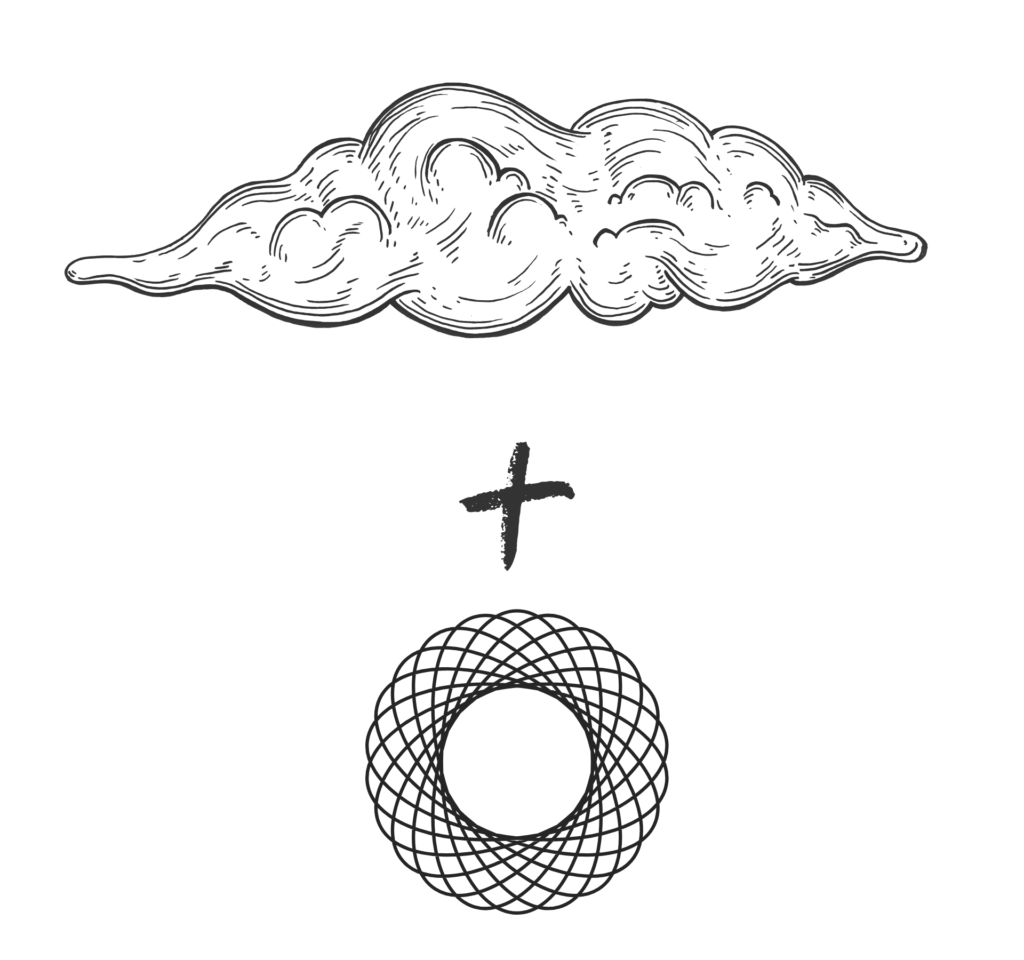
According to Ayurveda, represents the air and space elements in the body and is crucial for movement and communication.
Vata is associated with the elements of air and space. It regulates movement, circulation, and communication within the body.
When Vata is in balance, individuals experience creativity, flexibility, and adaptability. However, an imbalance in Vata can lead to anxiety, digestive issues, and irregular sleep patterns.
Pita
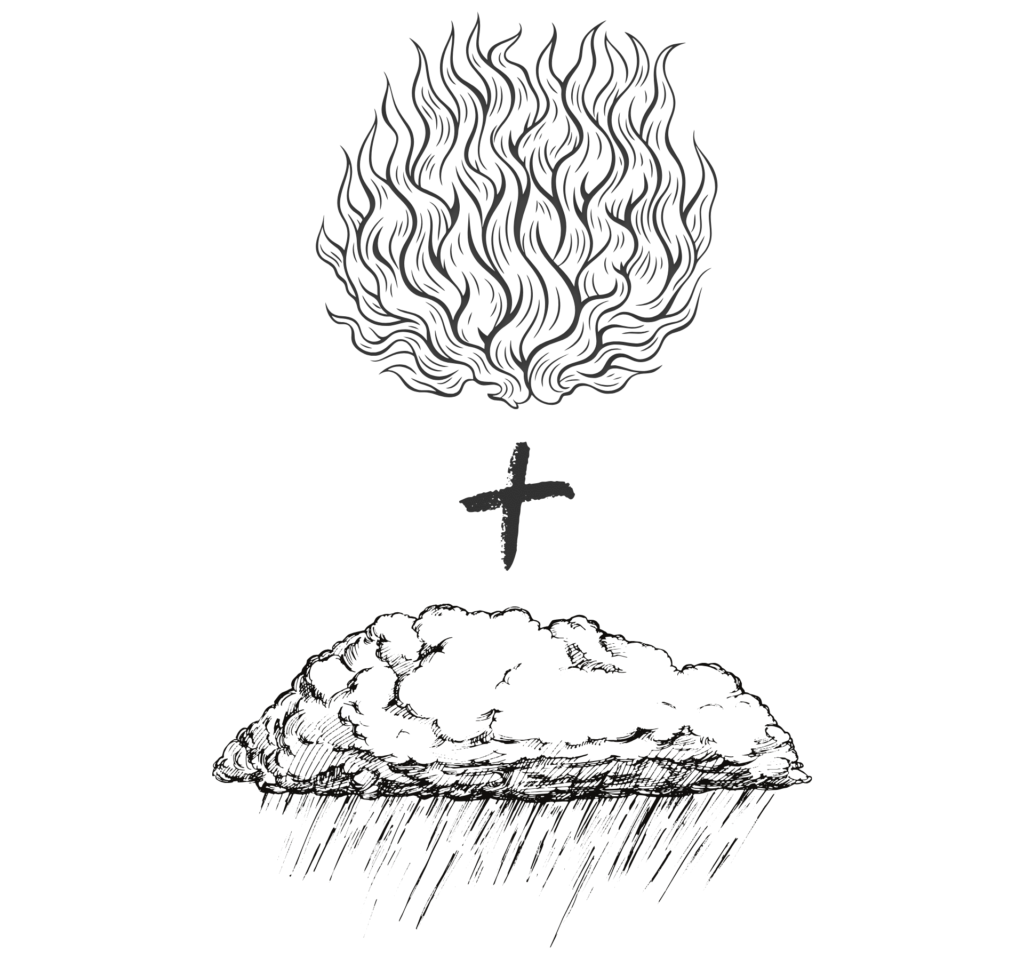
Pitta is linked to the elements of fire and water. It governs metabolism, digestion, and transformation.
A balanced Pitta promotes intelligence, courage, and leadership, and can be supported by dietary measures and processes, including oleation with ghee to cool the body.
An imbalance in Pitta can manifest as anger, inflammation, and skin irritations.
Kapha
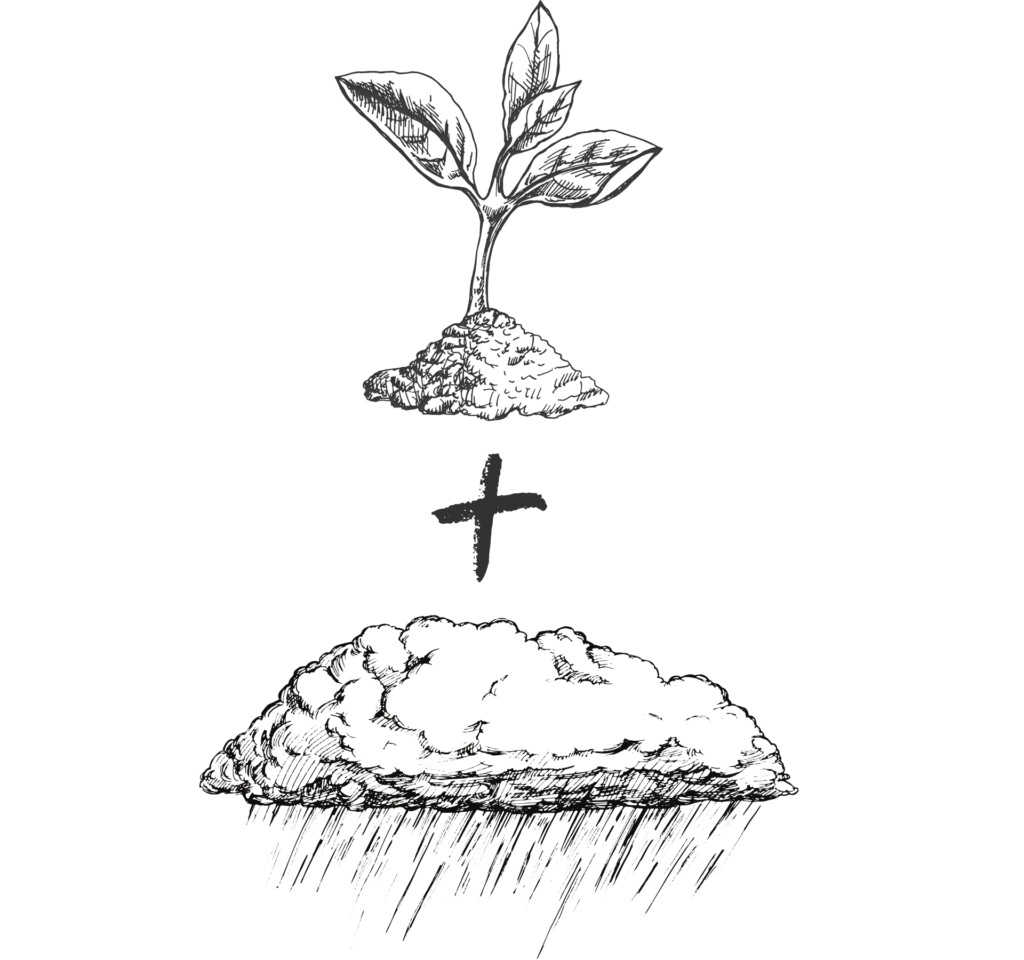
Kapha is connected to the elements of earth and water. It provides structure, stability, and lubrication to the body.
When Kapha is in balance, individuals experience calmness, compassion, and resilience.
An imbalance in Kapha can result in lethargy, weight gain, and respiratory issues, which can be addressed with the five actions including purgative measures to restore balance.
The Five Main Therapies of Panchakarma
At Ayubliss, our Panchakarma treatment consists of three main therapies (we don’t do Vamana and Raktamokshana) that work together to restore and rejuvenate the body. Each targets specific aspects of detoxification and is customized based on an individual’s unique dosha imbalances. The five main treatments are:
Basti (Enema)
Basti is a therapeutic enema treatment that focuses on eliminating excess Vata dosha from the body. There are two main types of Basti: Anuvasana (oil-based enema) and Niruha (decoction-based enema). These help to lubricate and nourish the colon, promoting regular bowel movements and relieving conditions such as constipation, bloating, and lower back pain.
The duration varies depending on the individual’s needs, ranging from 3-7 days. The procedure involves the administration of herbal oils or decoctions into the rectum, which are then retained for a specific period before elimination.
Nasya (Nasal Medication)
Nasya involves the administration of herbal oils or powders through the nasal passages. This procedure aims to clear the sinuses, improve respiratory function, and promote mental clarity. Nasya is particularly beneficial for treating conditions such as headaches, sinusitis, and neurological disorders.
The treatment typically lasts for 3-7 days and is performed daily during the Panchakarma regimen at Ayubliss. The individual lies down with their head tilted back, and our therapist gently instills the medicated oils or powders into the nostrils.
Virechana (Purgation)
Virechana is a purgative procedure that targets the elimination of excess Pitta dosha from the body. This therapy involves the use of herbal laxatives to induce therapeutic purgation. By clearing the digestive tract of accumulated toxins, Virechana helps to address conditions such as acne, eczema, and liver disorders.
The procedure usually lasts for 1-2 days and is performed under the supervision of our Ayurvedic practitioners at Ayubliss, with initial steps to prepare the body using oleation and gentle fomentation techniques. Similar to Vamana, the individual undergoes a preparatory phase to optimize the body for the cleansing process.
Vamana (Therapeutic Vomiting)
Vamana, which is not included in our plan is a cleansing procedure that focuses on eliminating excess Kapha dosha from the body. This involves the administration of herbal emetics to induce therapeutic vomiting. By expelling mucus and other accumulated toxins to improve digestion and the respiratory systems, Vamana helps to alleviate conditions such as asthma, allergies, and obesity.
The procedure typically lasts for 1-2 days and is performed under the guidance of our qualified practitioners. Prior to the treatment, the individual undergoes a preparatory phase, which includes a special diet, herbal remedies, and massage to loosen toxins and facilitate their removal.
Raktamokshana (Bloodletting)
Raktamokshana, which is not included in our plan involves the removal of small amounts of blood from specific areas of the body to eliminate toxins and improve circulation. This procedure is particularly useful for treating skin conditions, such as psoriasis and eczema, as well as hypertension and other blood-related disorders.
The treatment is performed using various techniques, such as leech therapy, cupping, or pricking with a sterile needle.
At Ayubliss, we combine three of the five regimens to offer a comprehensive approach to detoxification and rejuvenation. Each plays a crucial role in eliminating toxins, restoring balance to the doshas, and promoting overall health and well-being.
Benefits of Panchakarma
Panchakarma therapies work synergistically to eliminate accumulated toxins (ama) from a person’s tissues and channels. By removing these impurities, Panchakarma helps to prevent the onset of chronic diseases and promotes overall health [1].
Virechana and Basti, focus on cleansing the digestive tract and improving digestive fire (agni). This leads to better nutrient absorption, regular bowel movements, and a more efficient metabolism.
Therapies like Shirodhara and Abhyanga promote deep relaxation, reduce stress levels, and calm the mind. By alleviating mental tension and anxiety, Panchakarma can improve overall mental well-being and clarity [2].
The relaxing and rejuvenating effects can lead to improved sleep quality. By addressing stress, anxiety, and other factors that contribute to sleep disturbances, Panchakarma can help individuals achieve more restful and restorative sleep.
By eliminating toxins and restoring balance to the body, Panchakarma helps to strengthen the immune system. A robust immune system is essential for preventing infections, diseases, and maintaining overall health [1].
Abhyanga and Udwarthanam, can improve skin health, reduce the appearance of wrinkles, and promote a youthful glow. The detox process also helps to rejuvenate the body’s tissues and organs, leading to increased vitality and longevity [1].
It can be particularly beneficial for individuals suffering from chronic conditions such as arthritis, diabetes, hypertension, and digestive disorders. By addressing the root cause of these imbalances and eliminating toxins, Panchakarma can help to alleviate symptoms and improve overall quality of life.
Preparing for Panchakarma at Ayubliss
At Ayubliss, we believe that proper preparation is crucial for ensuring success and effectiveness. Before embarking on this transformative journey, we guide you through the following steps:
Consultation with our practitioners
The first step in preparing for Panchakarma at Ayubliss is to consult with one of our qualified practitioners. During this consultation, the practitioner will assess your current health status, medical history, and dosha imbalances. Based on this information, they will develop a personalized treatment plan that addresses your specific needs and goals.
Pre-treatment dietary and lifestyle changes
Prior to beginning Panchakarma, our practitioners may recommend certain dietary and lifestyle modifications to optimize your body for the detoxification process. This may include adopting a sattvic diet, which emphasizes fresh, whole foods and minimizes processed, heavy, or fried items. You may also be advised to reduce or eliminate substances such as caffeine, alcohol, and tobacco, which can interfere with the cleansing process.
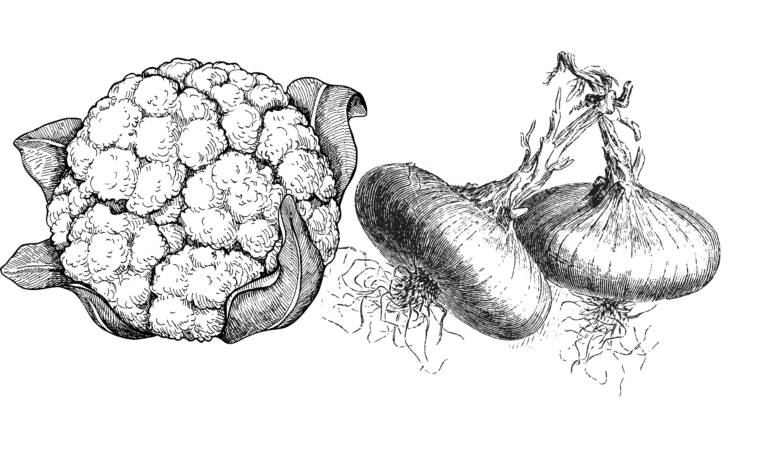
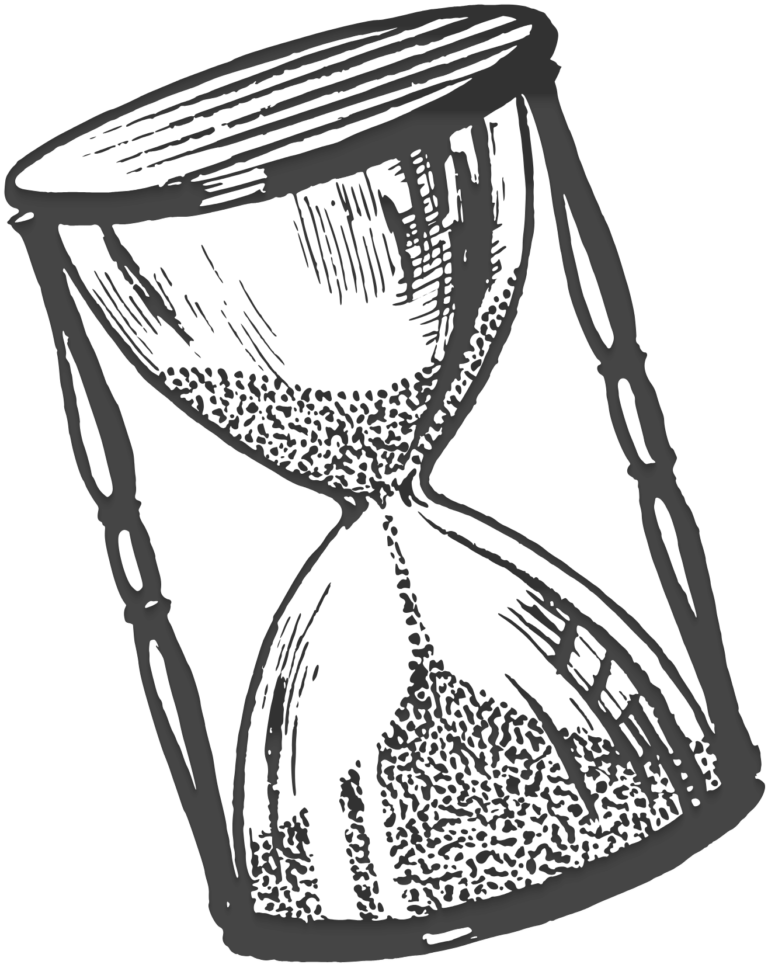
Duration of the treatment
The length of the treatment at Ayubliss varies depending on individual needs and the severity of imbalances, with oleation as a preparatory step for deeper cleansing. A typical Panchakarma program can last anywhere from 7 to 28 days. It is essential to allocate sufficient time for the treatment to ensure optimal results and allow your body to fully heal and rejuvenate.
Suitable time and season for Panchakarma
Ayurveda recommends undergoing Panchakarma treatment during specific seasons to maximize its benefits. The ideal times for Panchakarma are during the spring and autumn months when the body is naturally primed for cleaning and revitalization. However, our Ayurvedic practitioners will take into account your individual circumstances and recommend the most suitable time for your treatment, often starting with oleation to prepare the body.
At Ayubliss, we guide you through the preparation process to ensure that your body and mind are ready to embark on this transformative journey.

Post-Panchakarma Care and Maintenance at Ayubliss
At Ayubliss, we believe that the benefits extend beyond the duration of the program itself. To maintain the positive results achieved during Panchakarma, we provide guidance on proper post-treatment care and help you make sustainable lifestyle changes.
Importance of post-treatment care
Post-Panchakarma care is essential for allowing your body to fully integrate the benefits of the treatment and prevent the re-accumulation of toxins. During this period, your body is more sensitive and receptive to healthy changes, making it an ideal time to adopt new, health-promoting habits.
Dietary recommendations after Panchakarma
Following Panchakarma, our practitioners at Ayubliss will provide you with specific dietary guidelines to support your continued healing and revitalization. These recommendations may include consuming warm, easily digestible foods, such as kitchari, and avoiding heavy, fried, or processed items. Emphasizing fresh, organic, and seasonally appropriate foods can help maintain the balance restored during Panchakarma.
Lifestyle modifications for long-term benefits
To sustain the benefits of Panchakarma, our team at Ayubliss will guide you in making long-term lifestyle changes that promote overall health and well-being. This may include adopting a regular meditation or yoga practice, engaging in moderate exercise, maintaining a consistent sleep schedule, and managing stress through relaxation techniques. Our Ayurvedic practitioners can offer guidance on specific lifestyle modifications that align with your unique constitution and goals.
Follow-up treatments and maintenance
Regular follow-up treatments and maintenance sessions at Ayubliss can help to reinforce the benefits and address any new imbalances that may arise over time. Our Ayurvedic practitioners may recommend seasonal cleansing programs, herbal supplements, or specific therapies to support your ongoing health and well-being.
At Ayubliss, we prioritize post-Panchakarma care and help you make sustainable lifestyle changes to ensure that the transformative effects of this holistic treatment are maintained long-term, promoting optimal health, vitality, and balance.
Precautions and Contraindications
While the process offers numerous benefits, it is essential to be aware of certain precautions and contraindications to ensure a safe and effective experience.
Who should avoid Panchakarma?
Panchakarma may not be suitable for everyone. We carefully assess each individual’s health status and may advise against or postpone treatment for those with certain conditions, including:
- Pregnant women
- Individuals with acute illnesses or infections
- Those with severe digestion disorders, such as ulcers or inflammatory bowel disease
- People with uncontrolled hypertension or diabetes
- Individuals with active cancer or undergoing chemotherapy
- Those with severe mental health disorders
Potential side effects and risks
Although Panchakarma is generally safe when performed under the guidance of our qualified practitioners at Ayubliss, some individuals may experience mild side effects during or after treatment. These can include:
- Stomach discomfort, such as bloating or diarrhea
- Headaches or dizziness
- Fatigue or weakness
- Emotional releases, such as mood swings or irritability
Most side effects are temporary and subside as the body adjusts to the detox process. However, if you experience severe or persistent symptoms, our practitioners will promptly address your concerns and make any necessary adjustments to your treatment plan.
Importance of seeking guidance from our qualified Ayurvedic practitioners
At Ayubliss, our experienced Ayurvedic therapists are dedicated to minimizing risks and ensuring the safety and effectiveness of your treatment. They will carefully assess your individual needs, health status, and any contraindications before recommending a personalized treatment plan. Throughout the program, they will monitor your progress and make any necessary adjustments to ensure optimal results and minimize potential side effects.
By being aware of these precautions and contraindications and working closely with our qualified Ayurvedic practitioners at Ayubliss, you can safely and effectively experience the transformative power of Panchakarma.
Additional Therapies at Ayubliss
Abhyanga (Herbal Oil Massage)
Abhyanga is a full-body massage performed with warm, medicated herbal oils. This therapy helps to loosen toxins, improve circulation, and nourish the tissues. Abhyanga also promotes relaxation and reduces stress.
Shirodhara (Forehead Oil Flow)
Shirodhara involves the continuous pouring of warm, medicated oil onto the forehead, particularly over the third eye area. Shirodhara is deeply relaxing and is known to calm the mind, alleviate stress, and improve sleep quality. It is often recommended for individuals suffering from mental stress, anxiety, or insomnia, with treatments like shirodhara involving oleation to calm the mind.
Swedana (Herbal Steam Therapy)
Swedana is a steam therapy that uses medicated herbal decoctions to induce sweating and dilate the body’s channels, facilitating the removal of toxins. This treatment is usually performed in a steam chamber or with the use of steam bags. Swedana helps to loosen stiff joints, relieve muscle tension, and improve skin health.
Udwarthanam (Herbal Powder Massage)
Udwarthanam is a massage remedy that involves the application of medicated herbal powders to the body. This procedure helps to reduce excess body fat, improve skin tone, and stimulate lymphatic drainage. Udwarthanam is particularly beneficial for individuals with obesity, cellulite, or water retention.
Pinda Sweda (Herbal Bolus Massage)
Pinda Sweda is a unique massage therapy that uses warm, herbal boluses (poultices) to relieve muscle pain, stiffness, and inflammation. The boluses are typically made from a combination of herbs, rice, and milk, which are then applied to specific areas of the body. Pinda Sweda is especially helpful for individuals with arthritis, sports injuries, or chronic pain.
At Ayubliss, we integrate these additional therapies into a plan based on an individual’s specific needs and dosha imbalances. By combining these supportive procedures with the five main therapies, we offer a holistic approach to overall well-being, ensuring to purify impure blood and eliminate toxins effectively.
FAQs
The effects of Panchakarma can last for several months, depending on the individual’s lifestyle and adherence to post-treatment recommendations. By following a healthy diet, engaging in regular exercise, and managing stress, individuals can maintain the benefits of Panchakarma for an extended period. Regular follow-up treatments and seasonal cleansing programs can also help to sustain the positive effects [2].
While weight loss is not the primary goal of Panchakarma, many individuals experience a reduction in body weight as a result of the detoxification process. The amount of weight loss varies from person to person and depends on factors such as initial body weight, diet, and the specific Panchakarma treatments received. On average, individuals may lose between 2-5 kgs during a typical Panchakarma program, but the focus should be on overall health improvement rather than just weight loss.
Panchakarma is generally safe when performed under the guidance of qualified Ayurvedic practitioners. However, some individuals may experience mild side effects during or after treatment, such as digestive discomfort, headaches, fatigue, or emotional releases. These side effects are usually temporary and subside as the body adjusts to the detoxification process. It is important to note that Panchakarma may not be suitable for everyone, particularly pregnant women, individuals with acute illnesses, or those with severe health conditions. It is crucial to consult with a qualified Ayurvedic practitioner to determine if Panchakarma is appropriate for your specific needs and health status.
References
Chaudhari, B.A., et al. (2016). “Panchakarma Perception – An Overview.” Journal of Ayurveda and Integrated Medical Sciences, 1(1): 46-51.
Conboy, L.A., Edshteyn, I., Garivaltis, H. (2009). “Ayurveda and Panchakarma: Measuring the Effects of a Holistic Health Intervention.” TheScientificWorldJOURNAL, 9: 272–280. DOI: 10.1100/tsw.2009.35.
